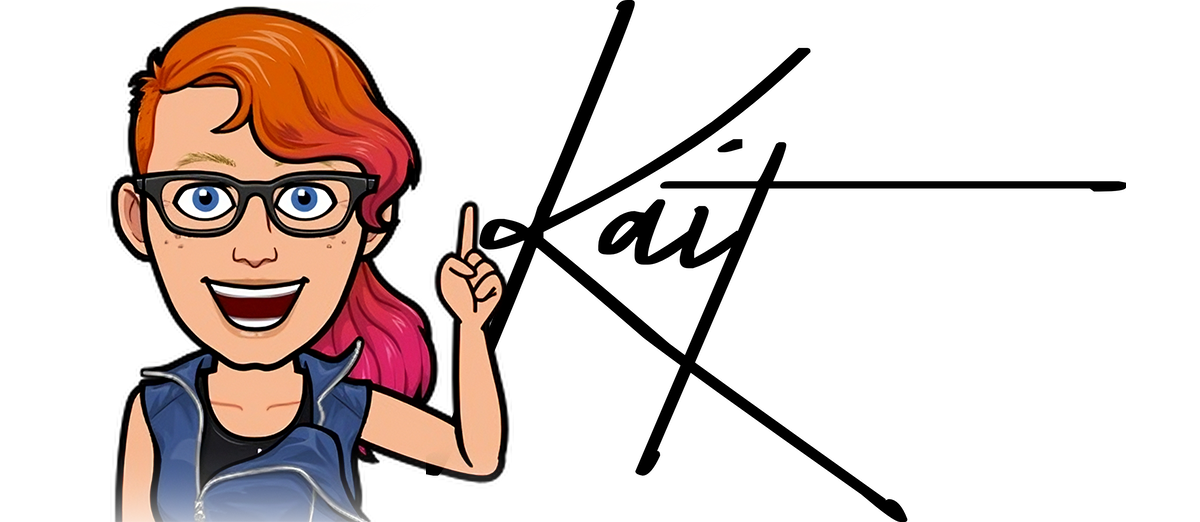As I was reorganizing my digital media (again, again, again) the other day, I came across Gabrielle Zevin’s Tomorrow and Tomorrow and Tomorrow. I originally read it when it was first released, with some expectations; I had enjoyed other works of hers (The Storied Life of AJ Fikry, Memoirs of a Teenage Amnesiac), and this concerned a subject (video games, specifically the creation thereof) that tends to interest me. I remember reading and coming away with a primary feeling of … underwhelm.
Not that it was bad! It was a perfectly good novel. It just … didn’t really do anything for me. At the time, I gave a little thought but not much as to why, mentally shrugging my shoulders and going on with my reading life.
At some point last year, I saw the book come up in a list of of best books of the 2020s so far; I remembered my general lack of whelm, and thought it might have been due to something about me; maybe I wasn’t in the right mood for it, or maybe I was looking for it to be something it wasn’t. I’ve definitely come to that realization before, that my expectations of a given piece of media heavily influenced my opinion of it despite no lack of merit on its own. So I resolved to read it again.
To the same outcome.
But it wasn’t until yesterday when I saw the book again alongside another title, D.B. Weiss’ Lucky Wander Boy**,** that I realized what my issue was: I had already read this book.
It’s a cliché that there are only seven stories in Western literature, and every story you hear is a remix of one or more. I don’t necessarily know that I believe that, but I do know how my own brain works when it comes to media; it craves novelty. That novelty can come in a variety of forms: Exposure to new ideas or ways of thinking; exposing familiar characters to novel situations; even taking wholly familiar stories and twisting them slightly (think Wicked) is enough to keep my brain interested.
But sometimes the transformation or modification isn’t enough to overcome the inertia of the original work. Then, it seems to me like I’m just rereading (or rewatching, or relistening) to the same thing, only poorer by definition, since it’s the second time through. I think this is what happened with me to Tomorrow and Tomorrow and Tomorrow. I happened onto Lucky Wander Boy at some random used bookstore when I was 20 and thus, no matter what Zevin did, I was not going to enjoy T3 a2.
It’s not the exact same story, of course; there are definitely hints, reverberations, ghostly echoes, but they are distinct stories. The similarities lie in the emotions it evokes, the ideas it wants or causes me to consider, the extrapolations and analyses it evokes.
I had already done that work, thought through those ideas, enjoyed those flights in LWB. When exposed to them again, it felt more like trying to watch a lecture on a subject I’m already familiar with; you can be entertaining enough, but it’s never going to truly engage me.
But this is also heartening to me, as a writer? Rather than lead to discouragement by thinking, “Oh, well, if I’m not the absolutely first person to articulate this idea it’ll never find utility or resonance,” I instead think, “If someone encounters my version first, or my version happens to fit them better even if they’ve already been exposed to the idea, it might still find a place in their heart/mind.”
So even though Ta3/2 (that is absolutely not the correct mathematical expression) doesn’t quite hit home for me, I’m certain it did find truth in others. And, all concerns about making a living or bolstering your career aside, that’s the best outcome I can think of for a given piece of art.
And then they released Free Guy, which is the exact same story (don’t @ me, that’s just how it works in my brain), and I absolutely loved it.
